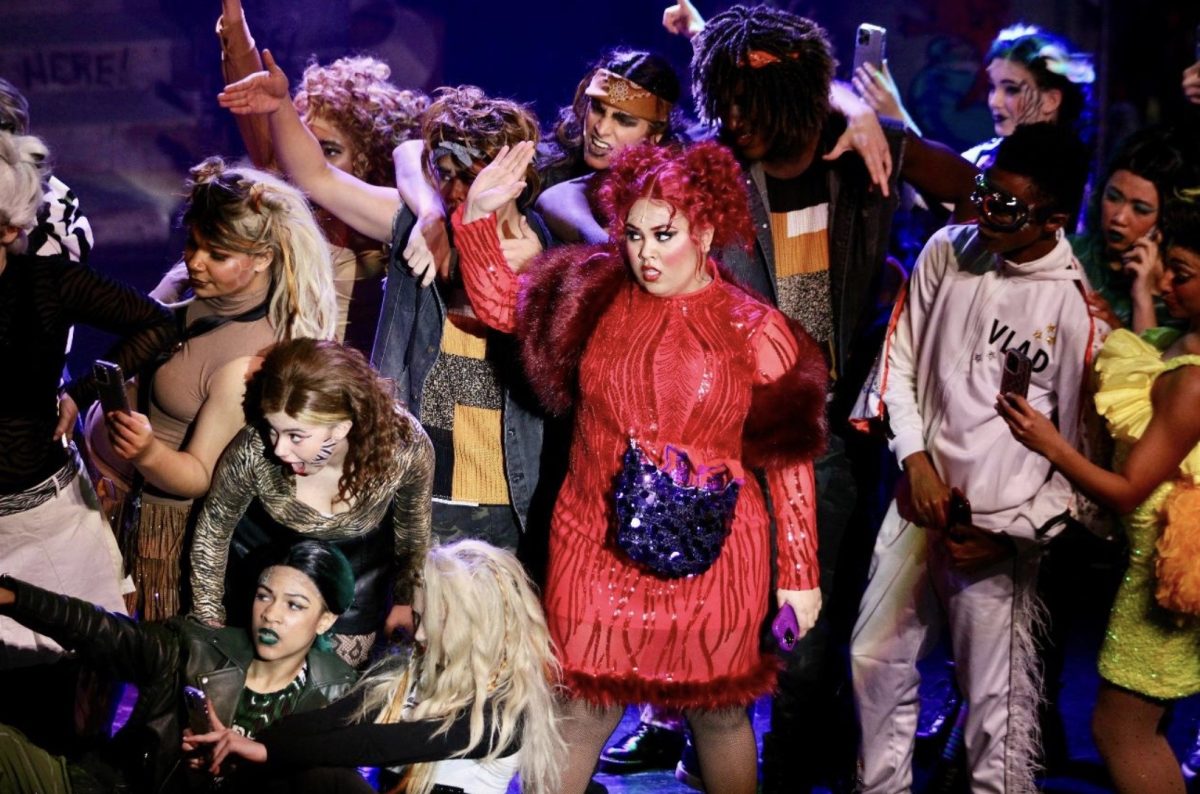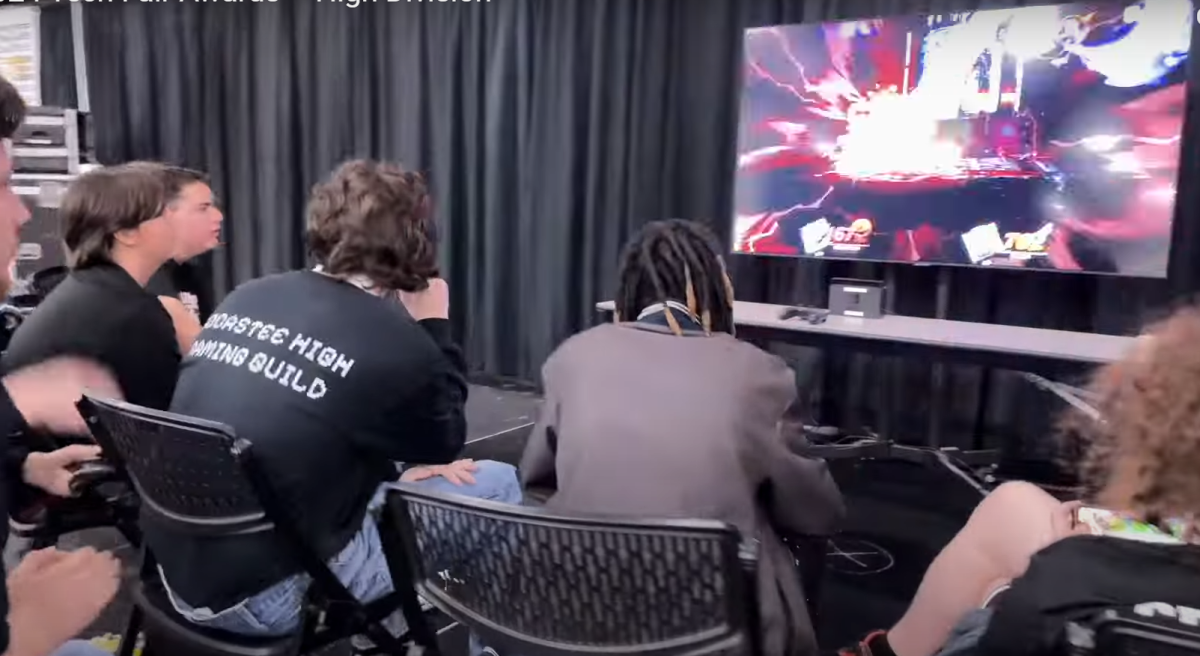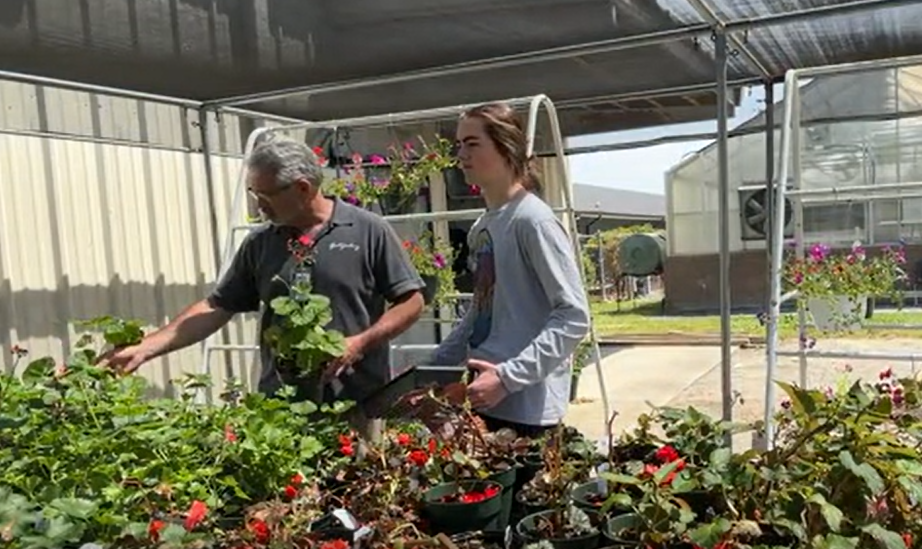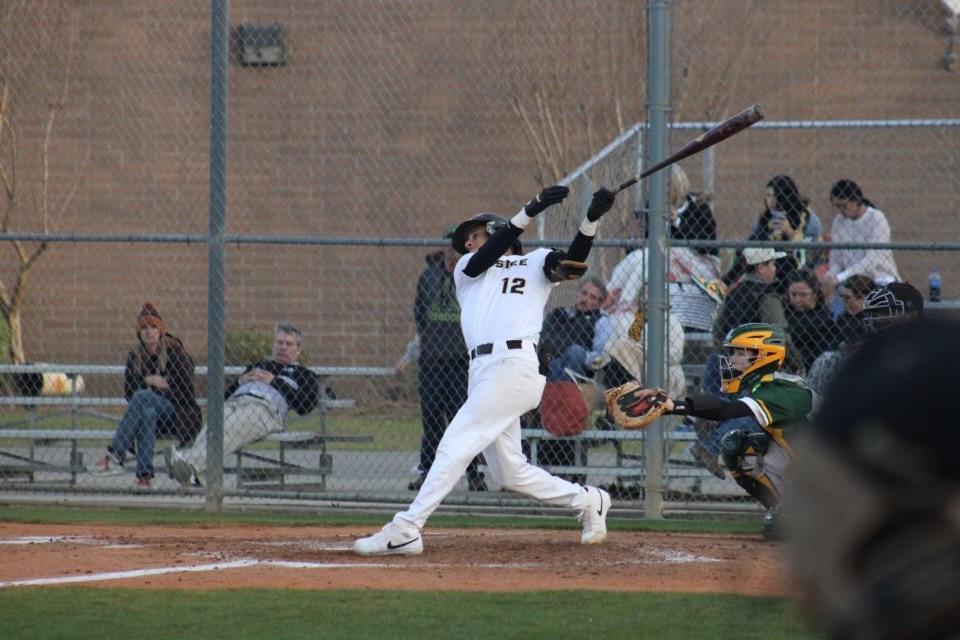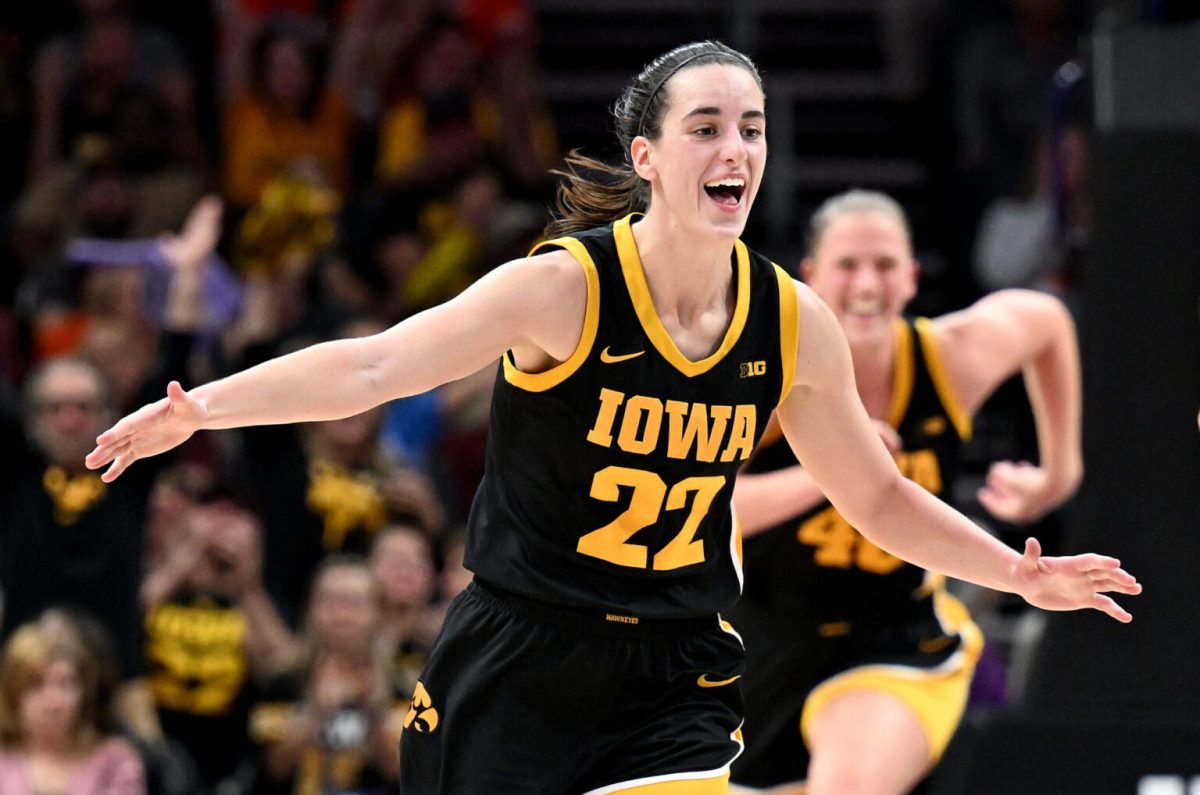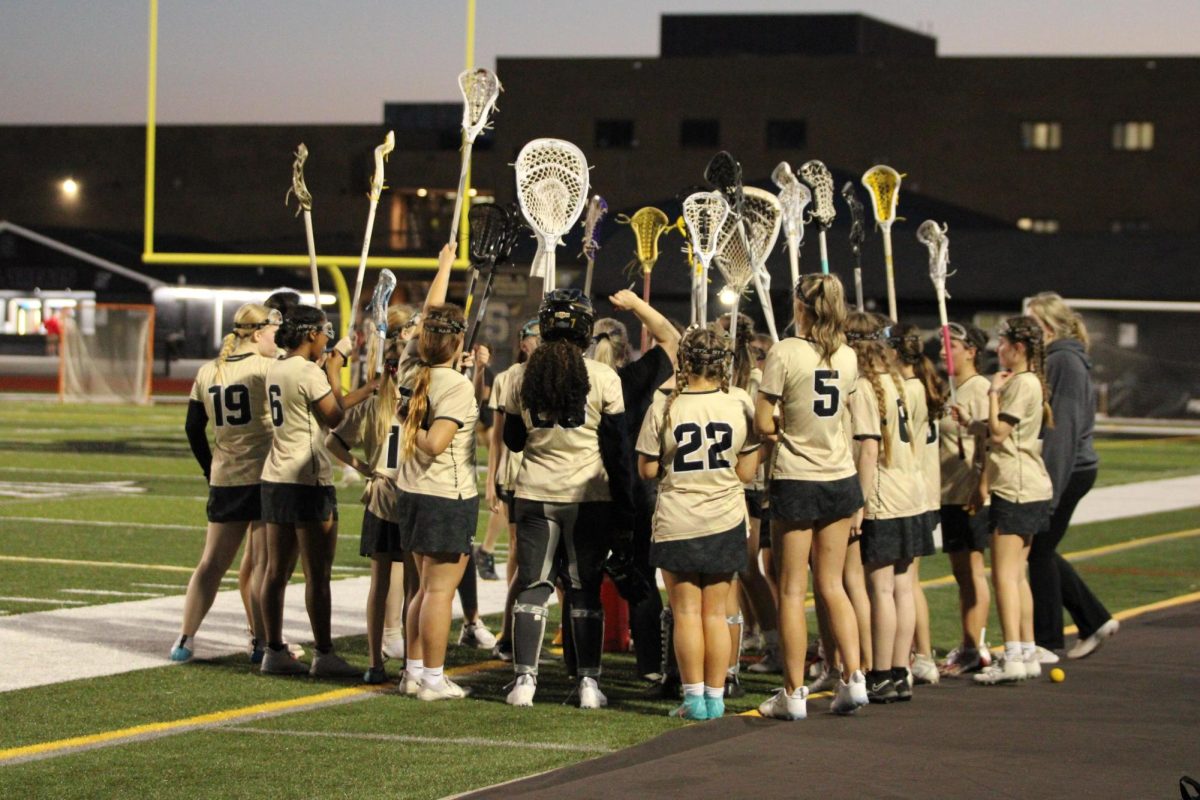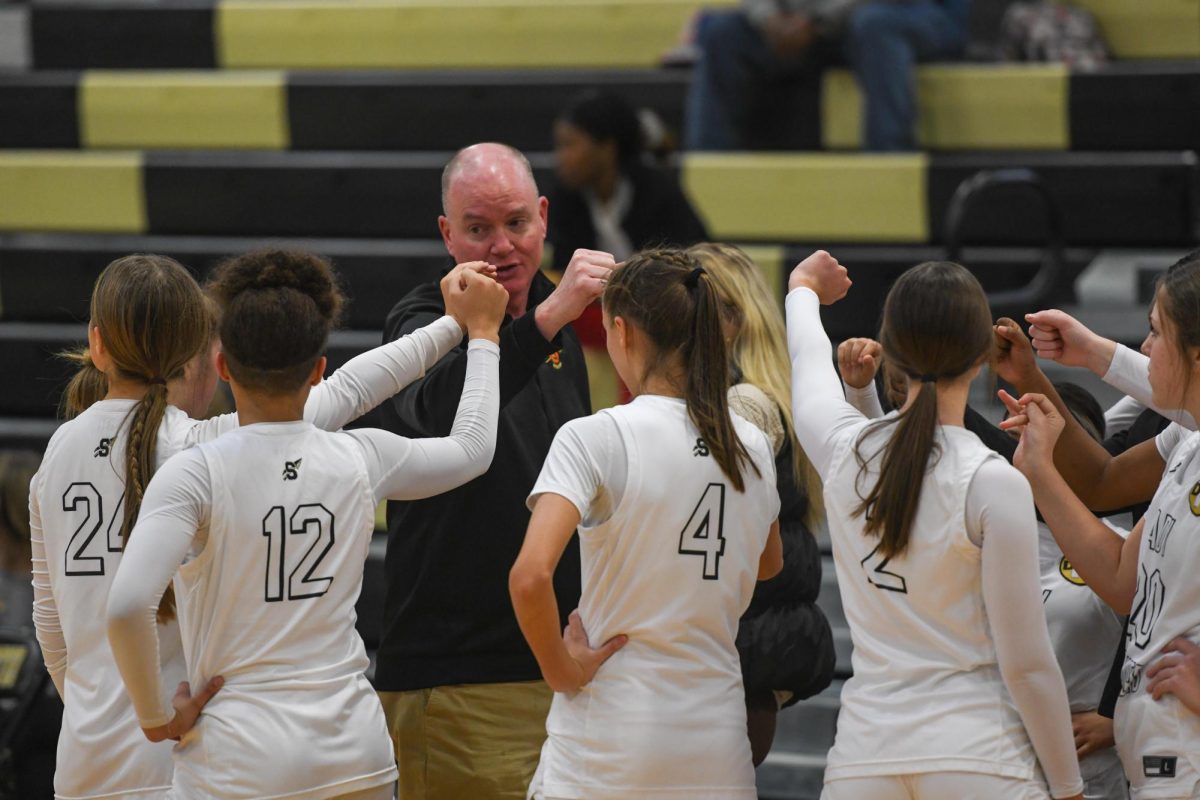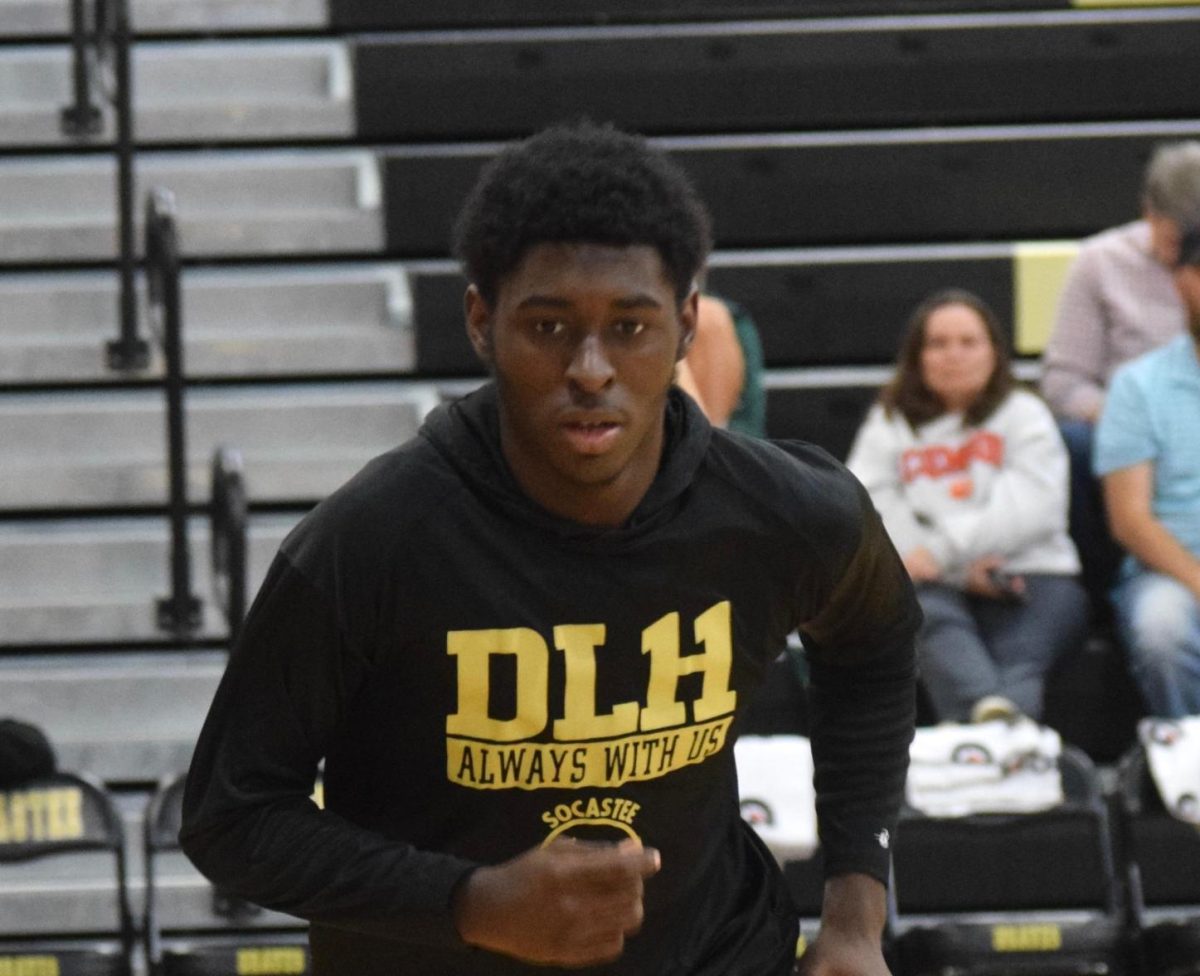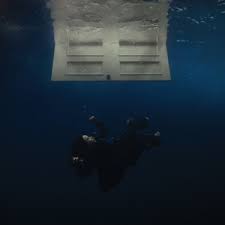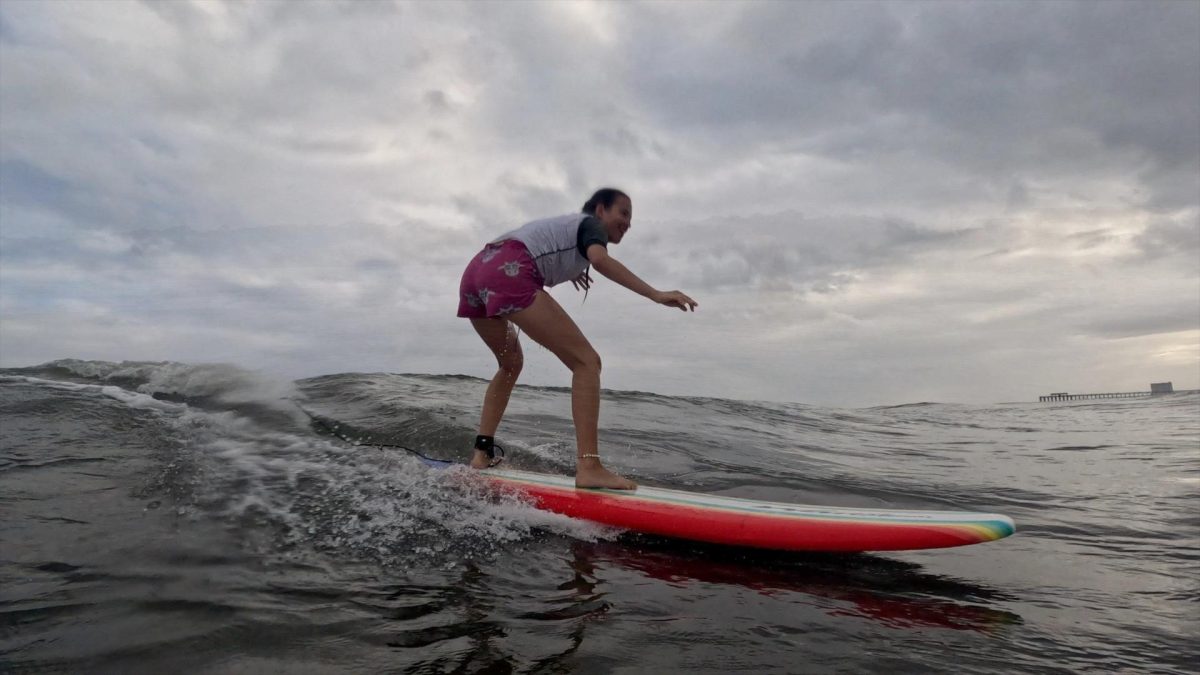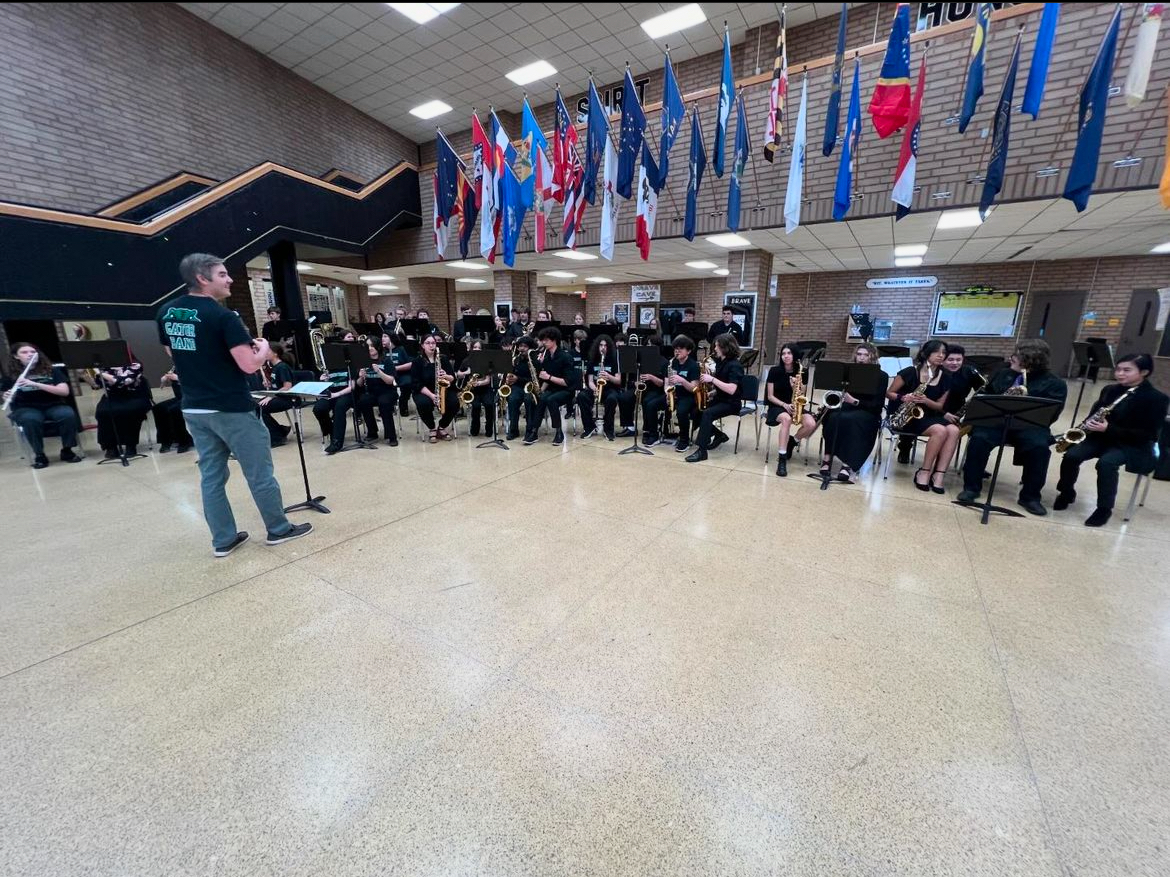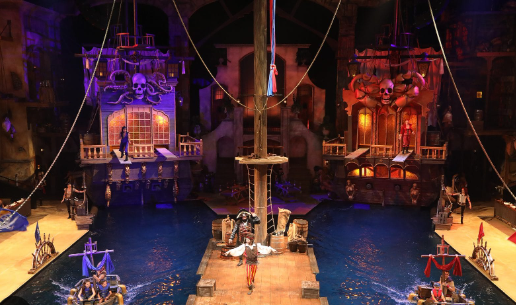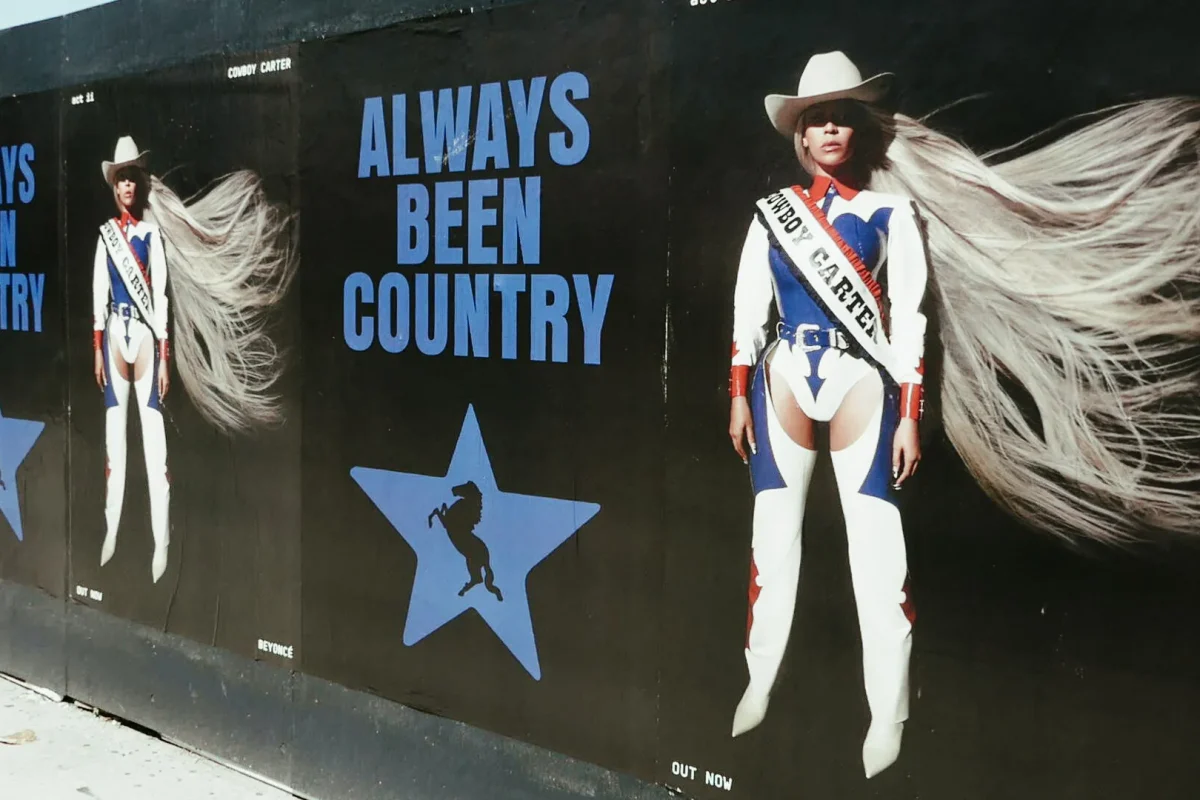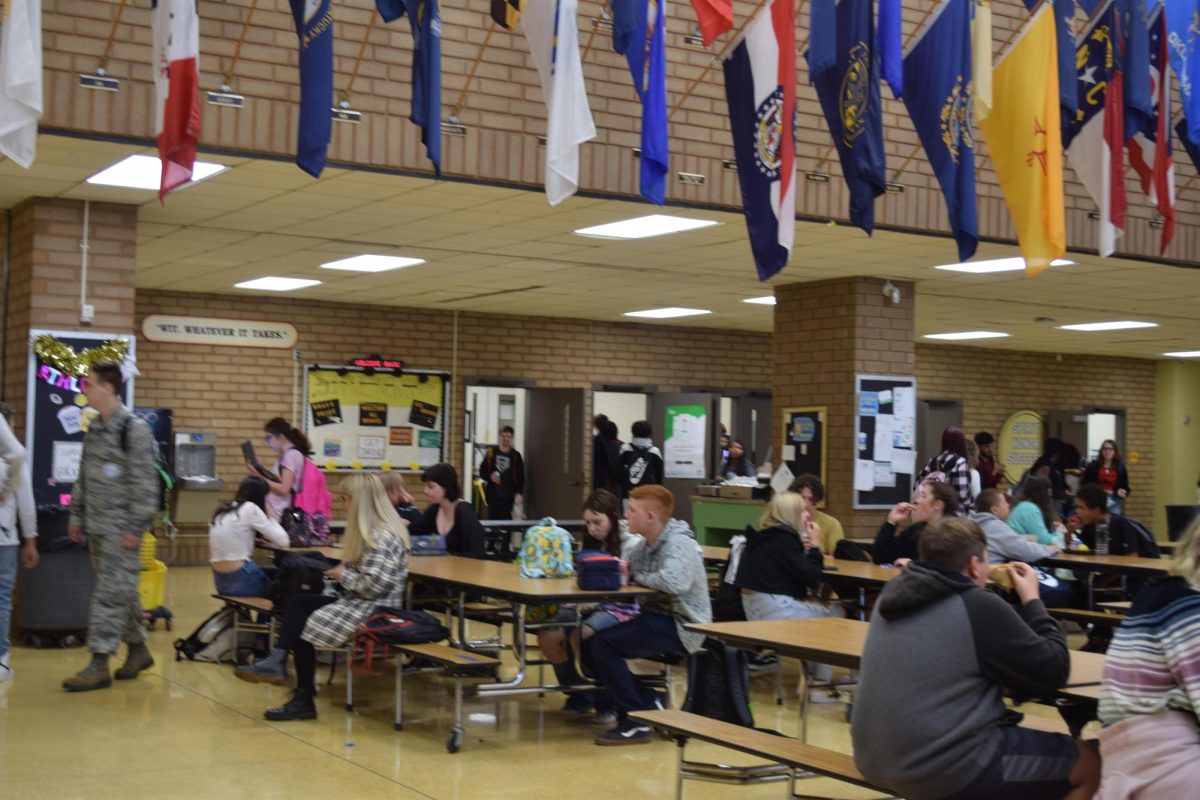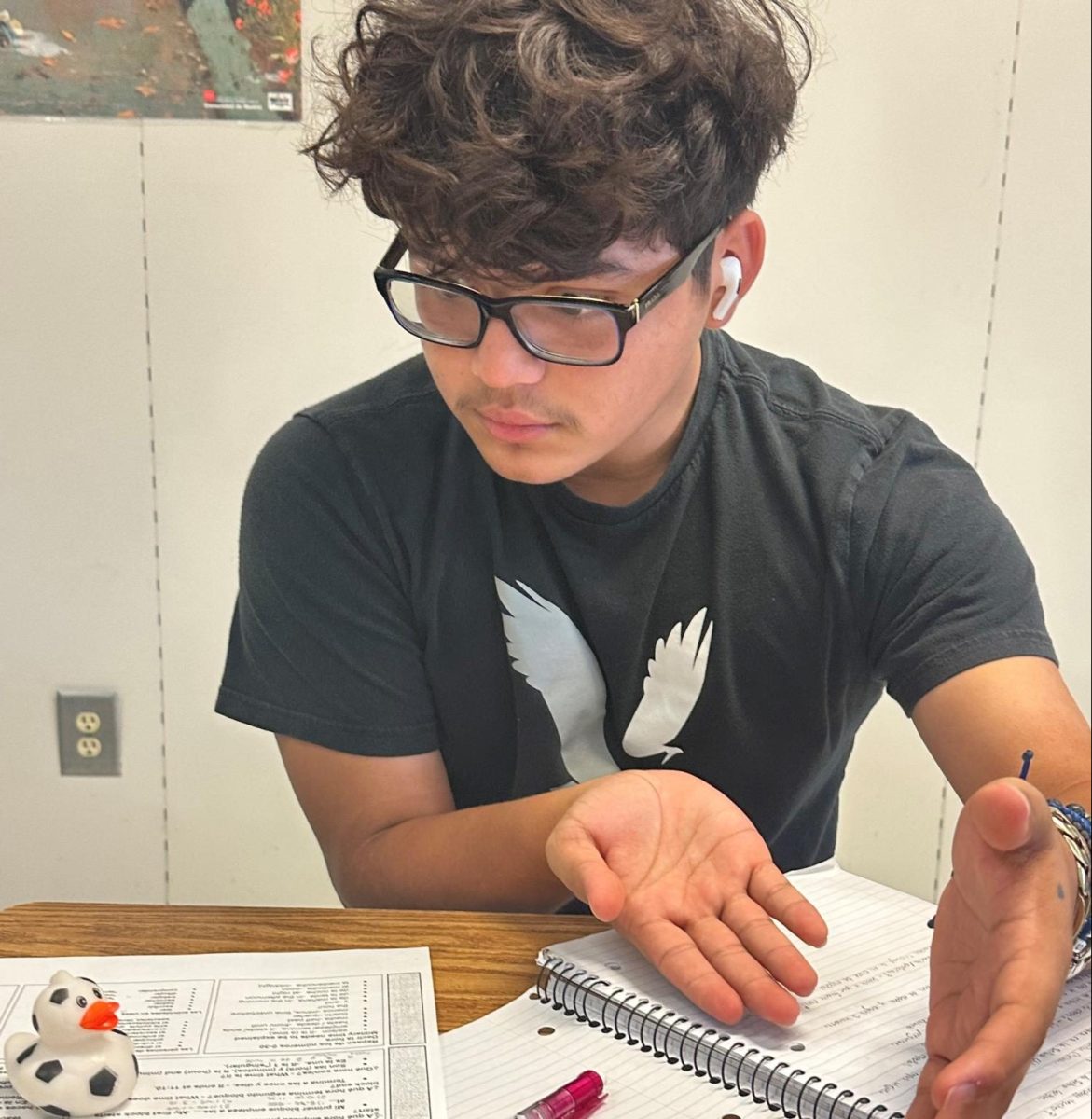English Teacher Ms. Ashley Doane has come up with a quack-y way to get students to improve their own writing.
For four years, she has been giving her students small rubber ducks to help them with assignments.
She got the idea from watching a video about engineering students who were given [rubber] ducks to help them code.
“[The students] used the ducks to help them work through problems; and I thought: Hey, I can use [the ducks] within my classroom to help kids work through problems,” she said. “I am only one person, and I can’t help everybody at once.”
Reading a piece of writing aloud to a duck helps students fix sentence structure issues and other problems on their own.
“If I can get them to read it out loud to their ducks, they often don’t need me afterwards,” Ms. Doane said, “and they are capable of fixing their own problems.”
But the ducks have become much more than a study aid for English.
Most students leave their ducks in a drawer known as “the orphanage” in the back of the classroom.
“They can grab them if they need them for other classes and for emotional support,” she said.
Ms. Doane buys 150 ducks each year, and any leftovers, along with ducks no longer used, go into the drawer.
“I’d say there are about 120 ducks in the orphanage,” she said.
Some students share their duck or a duck from the orphanage with someone who is having a bad day.
“If a student asks me if they can lend their friend a duck because they are sad, then I do not mind people sharing their ducks,” Ms. Doane said.
The ducks also help students who have ADHD because it gives them something to fidget with.
“They have something to do while they are reading,” she said, “and they have someone to listen to that is non-disruptive and it keeps them focused. So even when they are not actively talking to the duck, they are still using it.”
Students name their ducks when they get them. Some name them after movie stars or singers, while others name them after food.
“I like when students name their ducks after food,” Ms. Doane said, “because they walk around school and ask different students and teachers: ‘Oh, have you met Hotdog?’”
Another English teacher, Mrs. Amanda Urbaniak, also started giving ducks to her students. She realized how useful they were after Ms. Doane gave her a duck, which she named Alphonse and placed him on her desk. She found herself occasionally talking aloud to her duck about lessons while writing plans.
“My students were writing essays at the time, and I wanted them to read their essays out loud,” she said.
Longtime soccer player junior Sergio Molina is a student who received a duck in Mrs. Urbaniak’s class. He named his duck “Pessi”.
“I named him Pessi after a soccer meme,” he said. “The soccer meme was about one of the greatest players…Messi. It was an edited photo of him, and people called him Pessi mainly because everybody thought he scored penalties-which are either one of the easiest or hardest goals you can score.”
He said his duck is a “therapeutic friend”.
“He kind of stays there in case I need him,” he said, “and if there is anything bothering me, I usually talk to him…he reminds me of joy.”
Ms. Doane also has amassed her own personal collection of ducks.
“Every year when I give them out, I take one for my own and place it onto my desk for that year,” she said
This year, her duck is gold and named “Globes” “as in the ‘Golden Globes’.”
Occasionally, students use their duck in a disruptive way, such as tossing it at someone across the room.
“In class, we call that child neglect,” Ms. Doane said, “and the duck is taken away if that happens.”
Some students who have Ms. Doane sophomore or junior year leave their duck with her senior year so she can place it on the top of a whiteboard in the classroom.
“That is my Ducky Daycare Wall of Fame,” she said. “ When they are done and getting ready to graduate, they leave their duck on the wall of fame, and they get a graduation duck to leave school and take with them.”
Sergio plans to take his duck with him to college.
”He usually stays home, but depending on the situation, I will take him with me,” he said.
-Reporting by Rachel Lukas

